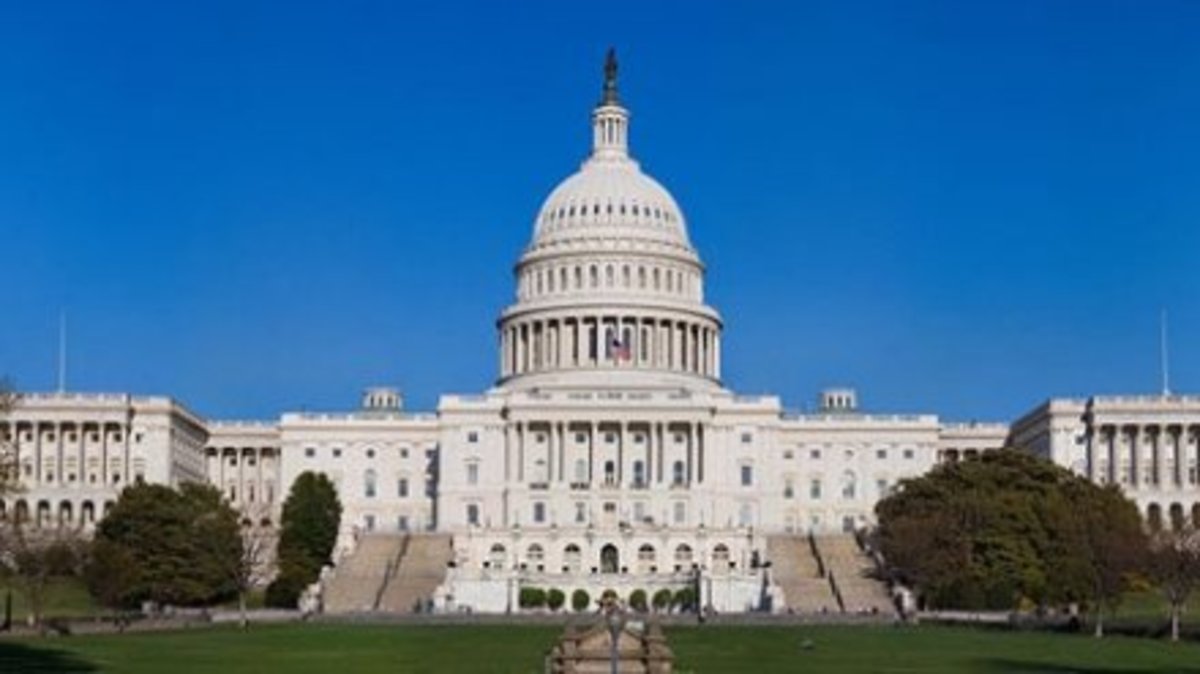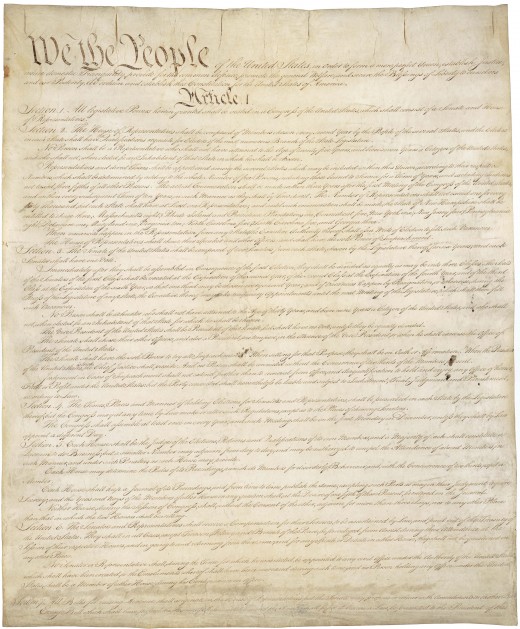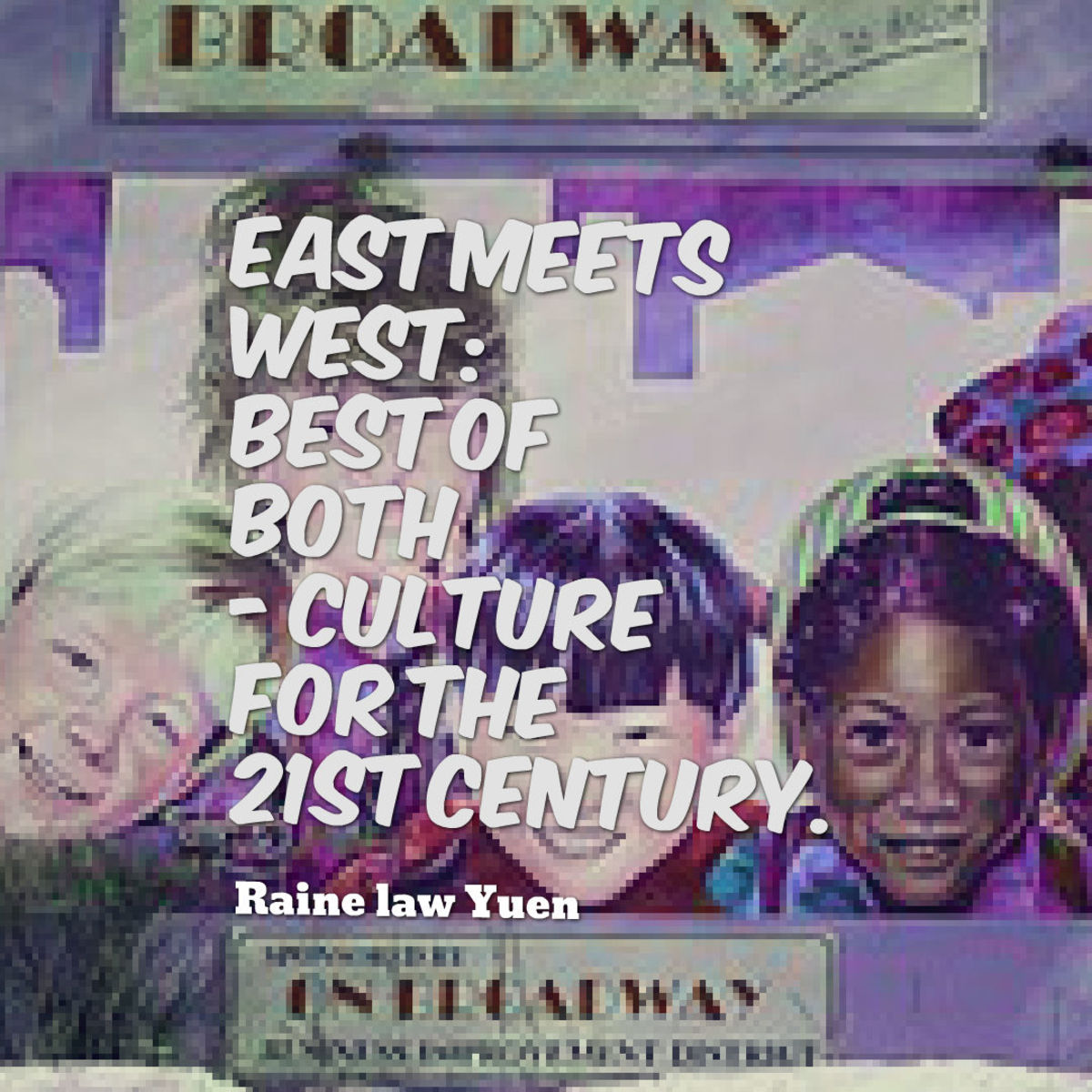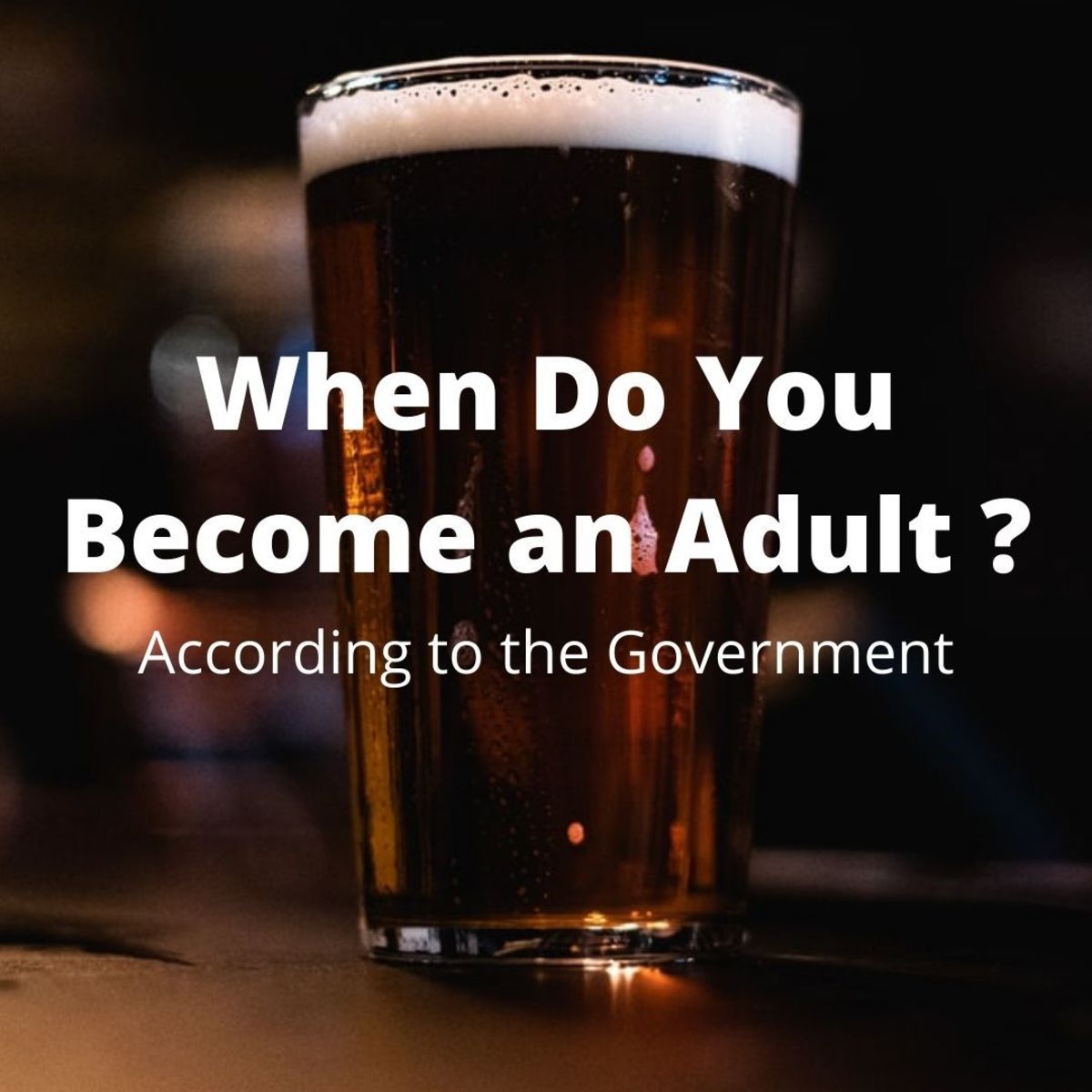How to Judge Good or Bad, by Word or by the Act?

This is a question for all time, so all I can do is offer my perspective on an answer, and leave an absolute answer to an absolute power. My shortest possible answer is "it depends".
A better short answer is this:
- First, the interpretation of good or bad is dependent upon the values we each live by, and thus changes from person to person;
- Second, acts are an immediate and definite statement of one’s perspective or values, while words, especially the written word, tend to provoke thought, discussion, and sometimes understanding.
The long answer follows:
Values
We each evolve our own set of values, in part based on our religious upbringing, our family, our racial heritage, our Country, our governance, and our education. This is rarely a conscious thing where we can explicitly say ‘I value this one thing above the other’, which would be a talent that would allow us to explain our perceived goodness of an action to another who does not quite see it the same way.
The influence each has on us drives our perception of good or bad.
- For Religion - will the value be strict law, forgiveness, enlightenment, listen to God, listen to Church, love Nature, or something different?
- For Family - will the value be blood is thicker than water, or will it be black sheep/white sheep? Or again, something different?
- For Racial Heritage - will the value be White Power? Black Power? Latino Power? Arab Power? Asian Power? Or All Men Are Created Equal?
- For Country - will it be loyalty to the world, country, region, or community? Which will we each value most?
- For Governance - do we prefer to live free, controlled, subjugated, or enslaved?
- For Education - do we prefer to not know about the rest of the world, or do we seek to learn and understand?
All of these drive our own inner values and our individual perceptions of good and evil. We all make choices amongst these values. We rank their importance to each of us differently. We interpret them in different ways. This is what leads to differences in the perception of good and evil.
Actions Speak Louder Than Words?
Acts
Because of our underlying values, an act perceived as good by one person may be perceived as bad by another. Usually the roles are fairly straight forward, the person performing an act rarely perceives themselves as bad, while an unimpaired person observing the act will make an internal almost subconscious judgment based on all the factors listed above. (Note that I’m purposefully leaving out the influence of brainwash or cool-aid for this discussion, which prompted the article).
Acts tend to have an immediate effect in some way, an effect that may be overcome in some part by perception of a later act of justice, retribution, compensation, or forgiveness. Acts (or collected acts) also can have a lasting effect in cultural memory, for example, Moses at Mt.Sinai, Christ on the Cross, the Holocaust, or in my case, the violence of the sixties. The acts that are important to us individually; will again, be dependent upon how we adopt the values described above.
Words
Words tend to be less immediate in their effect. However, they are an invitation to discussion, debate and understanding. Many people prefer resolving differences in this manner, since it sometimes allows an opportunity to learn the underlying differences in values between two cultures, countries, or people. Words can also be recorded in stone, on vellum, on paper, or nowadays within the internet. Words can be discovered and shared, pondered and discussed. Words record in some manner our values and will sometimes be painful, or sometimes be joyful. They will sometimes seem abhorrent, sometimes be taken to heart.

One Citizens Perspective
In the United States of America, we value freedom of speech, particularly the exchange of free thought and opinions, while seeking to control actions through law. We also value freedom of religion. We would not have been originally formed from thirteen colonies if those colonies had not come to consensus on expressing these freedoms (or tolerances) in the First Amendment to Our Constitution. We also seem to be unique in the world; the authority granted to our government officials to govern comes explicitly from the people, and not from some other source. To us, for government to seek to take away these freedoms, in any way shape or from, is a nearly unforgivable offense to the people who granted them the authority to govern. Those officials in elected positions who do so will almost surely be voted out.
Note About This Article
The title question arose in response to an article on HubPages, December 2010. The response is almost off-the-cuff and just one persons view. My apologies if I did not answer the question.
Thanks go to Hubber "H P Roychoudhury" for asking the question.








